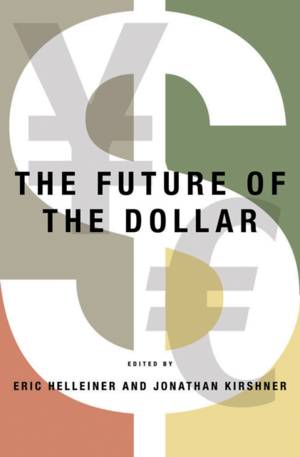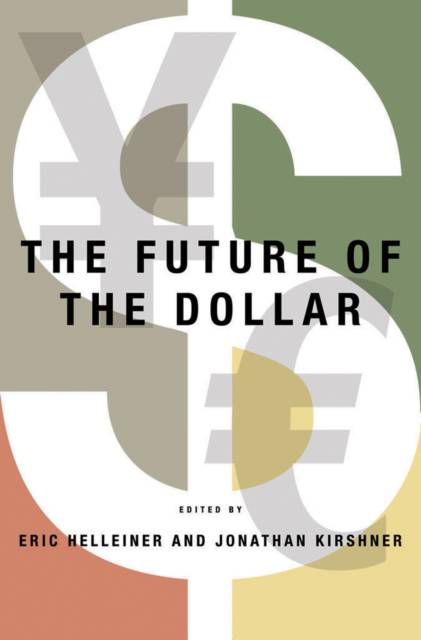
- Afhalen na 1 uur in een winkel met voorraad
- Gratis thuislevering in België vanaf € 30
- Ruim aanbod met 7 miljoen producten
- Afhalen na 1 uur in een winkel met voorraad
- Gratis thuislevering in België vanaf € 30
- Ruim aanbod met 7 miljoen producten
Omschrijving
For half a century, the United States has garnered substantial political and economic benefits as a result of the dollar's de facto role as a global currency. In recent years, however, the dollar's preponderant position in world markets has come under challenge. The dollar has been more volatile than ever against foreign currencies, and various nations have switched to non-dollar instruments in their transactions. China and the Arab Gulf states continue to hold massive amounts of U.S. government obligations, in effect subsidizing U.S. current account deficits, and those holdings are a point of potential vulnerability for American policy.
What is the future of the U.S. dollar as an international currency? Will predictions of its demise end up just as inaccurate as those that have accompanied major international financial crises since the early 1970s? Analysts disagree, often profoundly, in their answers to these questions. In The Future of the Dollar, leading scholars of dollar's international role bring multidisciplinary perspectives and a range of contrasting predictions to the question of the dollar's future. This timely book provides readers with a clear sense of why such disagreements exist and it outlines a variety of future scenarios and the possible political implications for the United States and the world.
Contributors: David Calleo, The Johns Hopkins University; Benjamin Cohen, University of California, Santa Barbara; Marcello de Cecco, Scuola Normale Superiore di Pisa, Italy; Eric Helleiner, University of Waterloo; Harold James, Princeton University and European University Institute; Jonathan Kirshner, Cornell University; Ronald I. McKinnon, Stanford University; Herman Schwartz, University of Virginia
Specificaties
Betrokkenen
- Uitgeverij:
Inhoud
- Aantal bladzijden:
- 272
- Taal:
- Engels
- Reeks:
Eigenschappen
- Productcode (EAN):
- 9780801448256
- Verschijningsdatum:
- 15/09/2009
- Uitvoering:
- Hardcover
- Formaat:
- Genaaid
- Afmetingen:
- 152 mm x 229 mm
- Gewicht:
- 476 g

Alleen bij Standaard Boekhandel
Beoordelingen
We publiceren alleen reviews die voldoen aan de voorwaarden voor reviews. Bekijk onze voorwaarden voor reviews.











